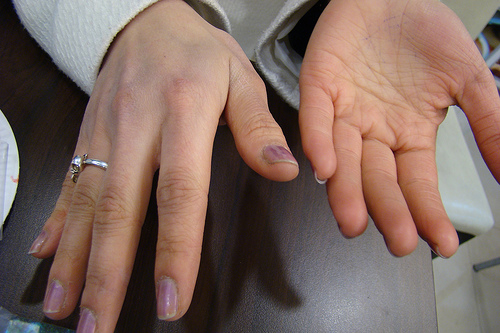

Your veterinarian can recommend the best way to care for your sick dog at home. Get tips on handling a pet poison emergency. Human medications can be highly toxic to dogs, so keep your pill bottles out of paws reach. You should also follow your veterinarian's dosage instructions carefully to make sure your dog is getting an effective yet safe amount of the medication. Over-the-counter pain medications, such as ibuprofen (Advil), acetaminophen (Tylenol), and aspirin can be harmful to dogs.

Remember never to give your dog medications without talking to your veterinarian first. If the pneumonia is severe, your dog may need to be hospitalized for supportive care, including supplemental oxygen, intravenous antibiotics, or fluid therapy. These may include non-steroidal anti-inflammatory medication (NSAID) for fever and pain, as well as bronchodilators and expectorants for coughing and difficulty breathing. Fungal pneumonia typically requires anti-fungal medication.įor any type of pneumonia, your veterinarian may prescribe medications to help control the symptoms. If your veterinarian performed a tracheal wash, they might decide to change the antibiotics later based on the bacteria that were identified in the test. Treatment for bacterial pneumonia may include a broad-spectrum antibiotic to fight off the infection. Your dog will be sedated or put under anesthesia during this treatment. If it looks like it could be pneumonia, your veterinarian may “wash” the trachea with fluid, which allows them to collect and identify the type of bacteria that may be causing the infection. Your veterinarian may also need to run additional diagnostic tests to determine what is exactly wrong, such as blood work, urinalysis, and X-rays of the chest and lungs.

This exam will include taking their temperature to check for fever and listening closely to the lungs with a stethoscope to detect any abnormal sounds. If your dog is sick, your veterinarian will typically start the visit by reviewing your dog's medical history and conducting a nose-to-tail physical exam. For instance, they may not have any interest in activities they usually love, like going for a walk or playing fetch, and they may tire out more quickly than usual. It typically develops over time and is characterized by a moist cough and thick nasal discharge.ĭogs with pneumonia may also show intolerance to exercise.

Pneumonia is an inflammation of the air sacs of the lungs. Can dogs get pneumonia? Yes, they can-but fortunately, the prognosis for dogs with pneumonia is generally good if it is treated properly.


 0 kommentar(er)
0 kommentar(er)
